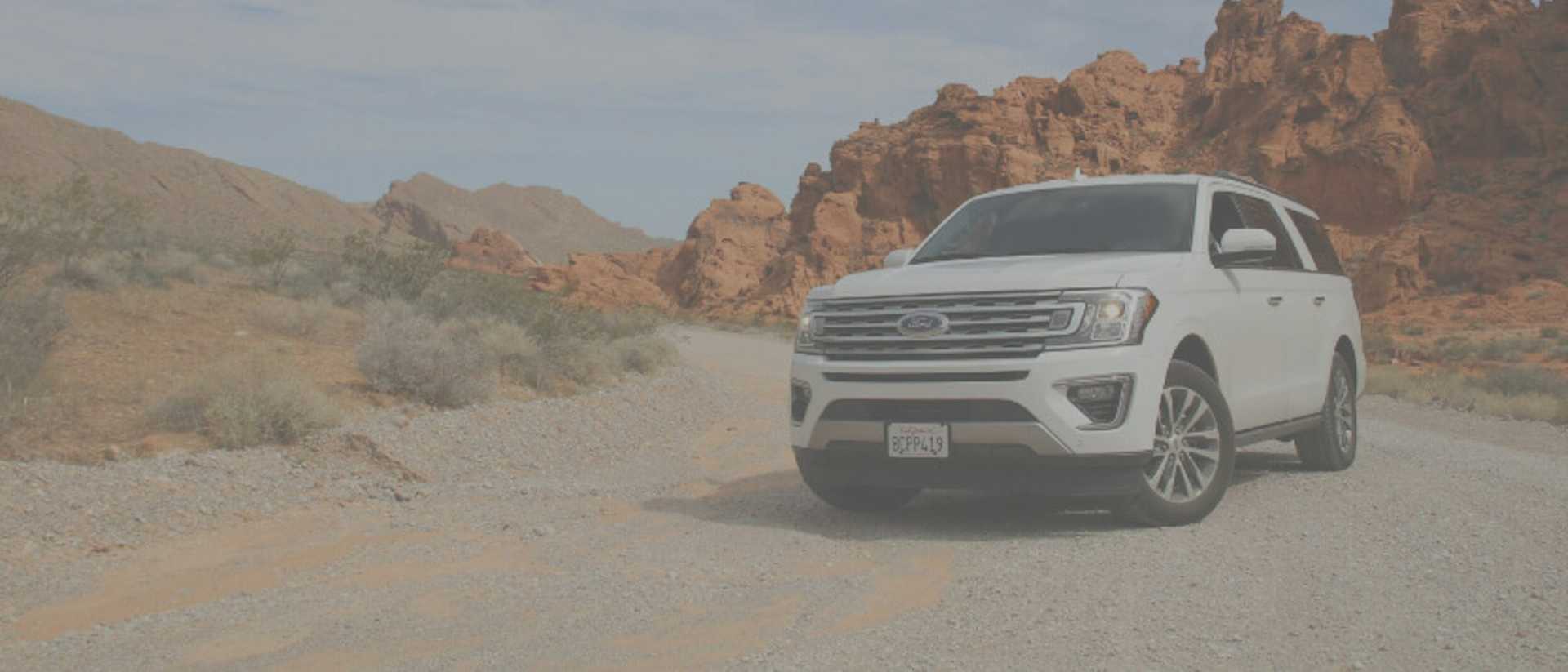A Quick Guide On The Most Tax Effective Way To Buy A Car

So you’re ready to buy a car for business purposes, what about financing? With a large variety of vehicle finance products available it's important to take into account tax efficiency. You don't want to overpay on your tax return, so let's explore the most popular options available when buying a brand new or second-hand business vehicle and figure out the most tax effective way to buy a car.
The three most popular options for financing privately or for commercial use are:
- Chattel Mortgage
- Finance Lease
- Novated Lease
A Chattel Mortgage
What is it?
A chattel mortgage is a commercial finance product where a financier lends the money to buy a car and the customer makes regular repayments.
The business assumes ownership of the vehicle but the financier has a ‘mortgage’ over it until the car loan is paid, including any balloon payment.
What are the tax benefits?
Using a chattel mortgage for vehicle finance has several associated tax benefits, these include:
- Tax deductions for interest payments - you may be able to claim the interest payments on your chattel mortgage as a tax deduction. If you are eligible, you can claim the interest charges on your next annual tax return.
- Tax deductions for depreciation - as a chattel mortgage is one of the few finance options available that allows you to take legal ownership of equipment from the time of purchase, you may be eligible for the instant asset write off and can claim the depreciation amount (i.e. the amount of value something is likely to lose over time) as a tax deduction in one hit, rather than gradually over a multi-year period. If the vehicle purchase is equal to one or more than the instant asset write-off threshold it can be put into your business asset pool, where you will be able to claim gradual, depreciation tax deductions each year.
- GST on the initial purchase - it could also be possible to claim the GST paid on the initial purchase of the vehicle as an Input Tax Credit. This requires your business to be registered to collect Federal Government GST and is done on your Business Activity Statement (BAS).
What does it mean for you?
This type of vehicle financing is best for sole traders, a small business, or partnerships using the cash method of accounting. Why? Well, GST is only applied to the vehicle’s purchase price, meaning the business claims it back on that price upfront. It's not applied to repayments or balloon payments.
A Finance Lease
What is it?
A finance lease is a form of vehicle finance that allows a customer the use of a commercial vehicle or car while enjoying all the benefits of ownership. However, technically the financier owns the car until you finish your lease term and make the necessary residual payment.
What are the tax benefits?
Obtaining a finance lease for vehicle purchase has several tax benefits including:
- Tax deductions are available for the lease rental payments,\
- GST is charged on the monthly lease rental and on the residual value at the end of the lease. Where the customer is registered for GST, they can claim some or all of the GST contained in the lease rental and the residual value as an input credit on their next BAS.
What does it mean for you?
A finance lease allows you to preserve your working capital and fixed payments allows for easy cash flow management. This is generally suited towards sole traders, partnerships and companies who are registered for GST and wish to claim back the GST on a monthly basis without obtaining immediate ownership of the asset.
A Novated Lease
What is it?
A novated lease is a type of vehicle financing used with salary packaging. Your employer pays for your car lease and car running costs out of your salary package through a combination of pre-tax and post-tax salary deductions. This type of finance isn’t used for business vehicles but for employees. It’s often a more tax-efficient way to purchase a new vehicle, as while it isn’t a company car, the car is treated as such.
What are the tax benefits?
The main tax benefits a novated lease provides are through:
- For employers: Income tax savings - under a novated lease, your car’s running costs are paid for with a mix of pre-tax and post-tax dollars, reducing your taxable income. This may allow you to make significant income tax savings, increasing your take-home pay.
- For employees: GST savings - with a GST registered employer, they may be able to claim the GST as an input tax credit prior to salary sacrificing the repayments from the lessee’s wages, in effect giving the lessee use of the vehicle GST free. GST savings can also arise on the operating costs of the car including fuel, service, maintenance and tyres.
What does it mean for you?
There’s a common misconception that a novated lease is only worth it for high flyers, but that’s not true. It’s a form of financing that can suit a wide range of car buyers and users - regardless of how much money you’re earning. Even on a modest salary, reducing your taxable income equals paying less tax. It’s also a worry-free path to car ownership that’s ideal for people that need an affordable and convenient way to buy a new or used car every 1 - 5 years.
Learn more: Chattel Mortgage Vs Lease - What’s the difference?
What is the Instant Asset Write-off Scheme?
If you have an annual turnover below $500 million, you can claim deductions for amounts of up to $150,000 under the instant asset write-off scheme. Claims can be made for new assets at the end of the financial year (new vehicles), used assets (e.g. second-hand cars), or purchasing equipment. Claims can be made for multiple assets (only where the cost of each individual asset is lower than the applicable threshold). While this is cost-effective, it depends on your business threshold, your tax status, and if the asset’s purchase date is within the right period of time. Check out the Australian Taxation Offices' website for more information about the instant asset write-off scheme, including the Instant asset write-off thresholds.
The instant asset write-off scheme does not, however, apply to assets that you start to hold and first use (for a taxable purpose) from 6 October 2020 to 30 June 2022. Instead, you must deduct the business portion of the cost of the asset under temporary full expensing.
Is buying a car tax-deductible in 2021?
If you’re purchasing a car solely to use for business purposes, you’re normally able to claim a GST credit for the amount of GST that is included in the vehicle price. If you’re using a vehicle partially for business purposes, you may be able to claim a partial GST credit.
Is it cheaper to buy a car with an ABN?
If you’ve got an ABN, and you’re registered for GST, you can save some money by claiming a GST credit for the GST that is incorporated into the price of the vehicle.
Learn more: How Much Should You Spend On A Car?
Wrapping up
There you have it, our quick guide on the most tax effective way to buy a car - as always, please consult a tax professional for advice specific to you and your situation. If you're after finance for a new addition, whether its a 4WD or an SUV, please get in touch with our car finance experts here at Driva today on 1300 755 494 or email us at hello@driva.com.au. You can also check out our blog 'Buying A Vehicle For Your Small Business - 4 Important Things To Consider'.


.png)









